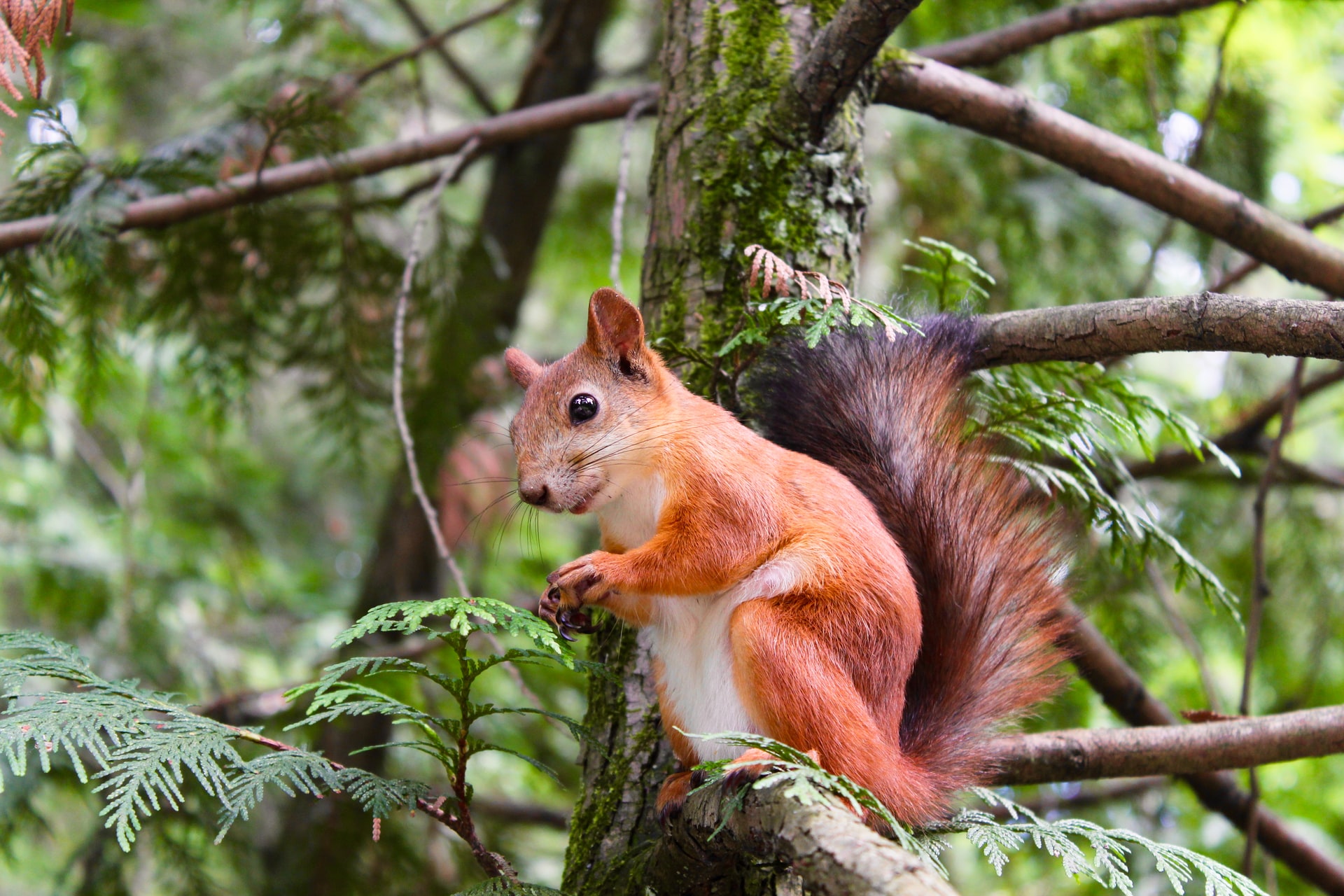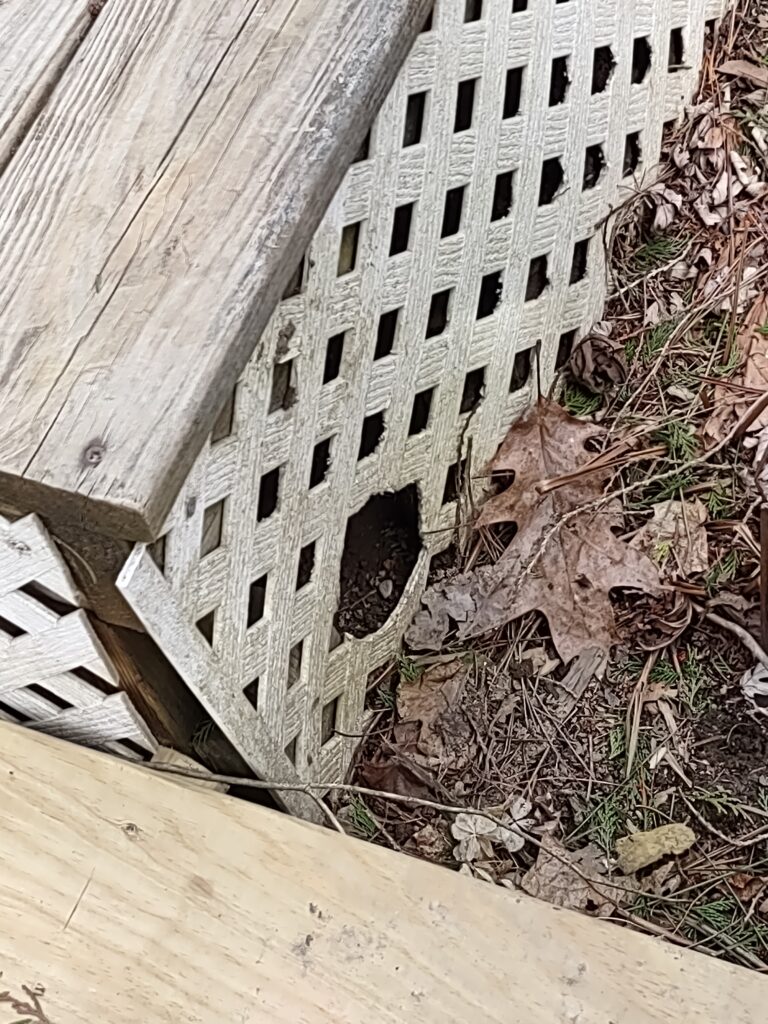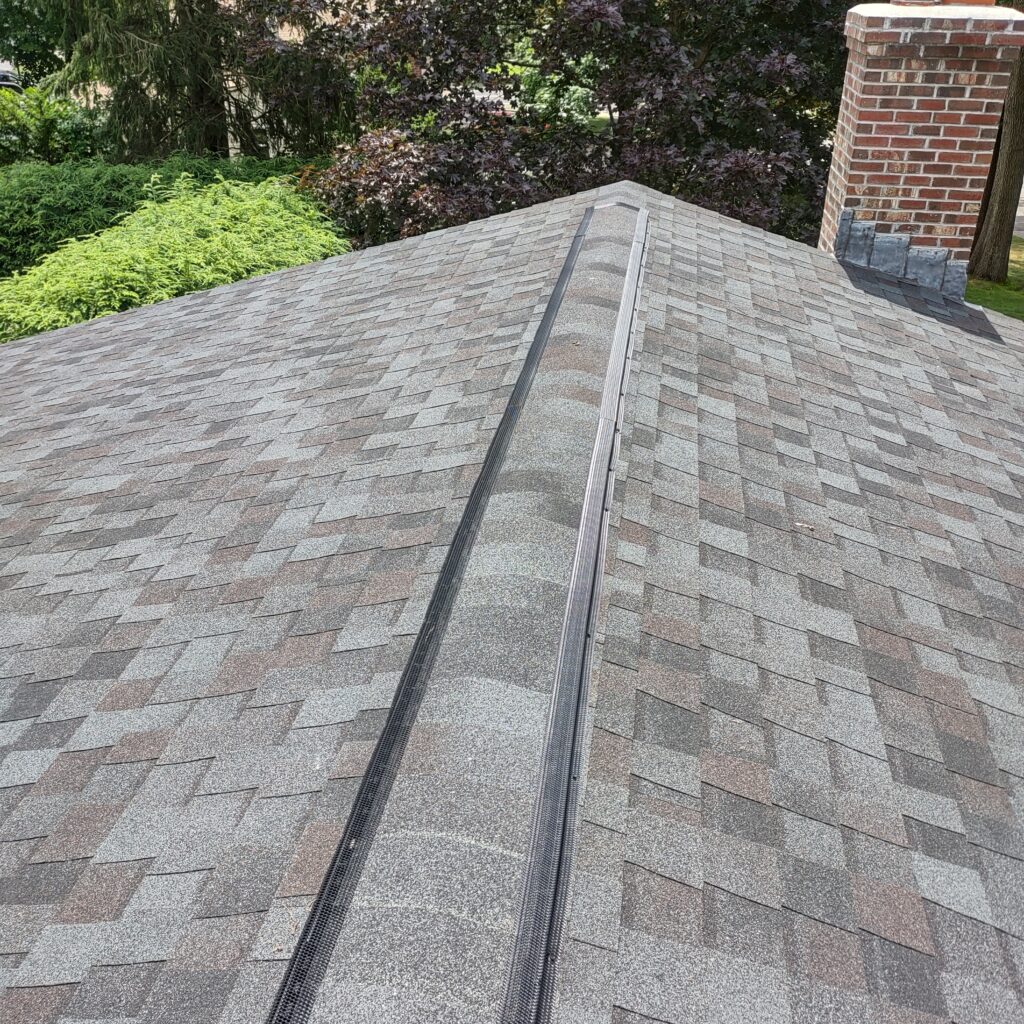
Western Massachusetts is well known for the wilderness and the wildlife that lives there. People have traveled to the Berkshires and Pioneer Valley to enjoy the great outdoors.
Native Wildlife in Western Massachusetts
The unique habitats of Western Massachusetts include forests, wetlands, and rivers. It includes the most intact forest ecocystem in southern New England! You can find large and small mammals like bears, moose, porcupines, and opposums. Songbirds like the black-throated blue and green warblers use the interior forests during migrations. The wetlands and rivers are home to reptiles and amphibians.
While people from all over New England travel to enjoy the outdoors and observe the wild animals, local homeowners do not want those animals too close to home.
Signs of Nuisance Wildlife
An animal has the same basic needs as a person — food, water, and shelter. Your home can provide resources to satisfy all those needs.
The most common nuisance wildlife problems Springfield residents experience include raccoons,squirrels, bats, rats, mice, opossums, skunks, and moles. Strange sounds and smells are some of the msot common signs an animal is in your home.
Animal Damage
Another sign of nuisance wildlife is damage. A skunk was able to easily create a den under someone’s porch.

A birds nest on your property might seem pleasant, but their droppings can create a mess and become a health hazard.

Wildlife Entry Points
Wild animals are going to follow the path of least resistance, and there are parts of your home that are more vulnerable than others for an entry point. Most screens on gable vents are not strong enough to prevent raccoons or rodents from breaking through it. 

Other common animal entry points include soffits, roof returns, fascia boards, and chimneys.
Tips to avoid a nuisance wildlife problem:
- Don’t feed wild animals
- Secure garbage and compost
- Remove birdfeeders
- Feed pets indoors
- Close off crawl spaces
- Inspect the exterior of your home twice a year for any gaps
Wildlife Removal in Western Massachusetts
Massachusetts has strict laws regarding trapping and relocating animals. At Critter Control, we have the know-how to remove and prevent any wildlife problems you might experience safely.